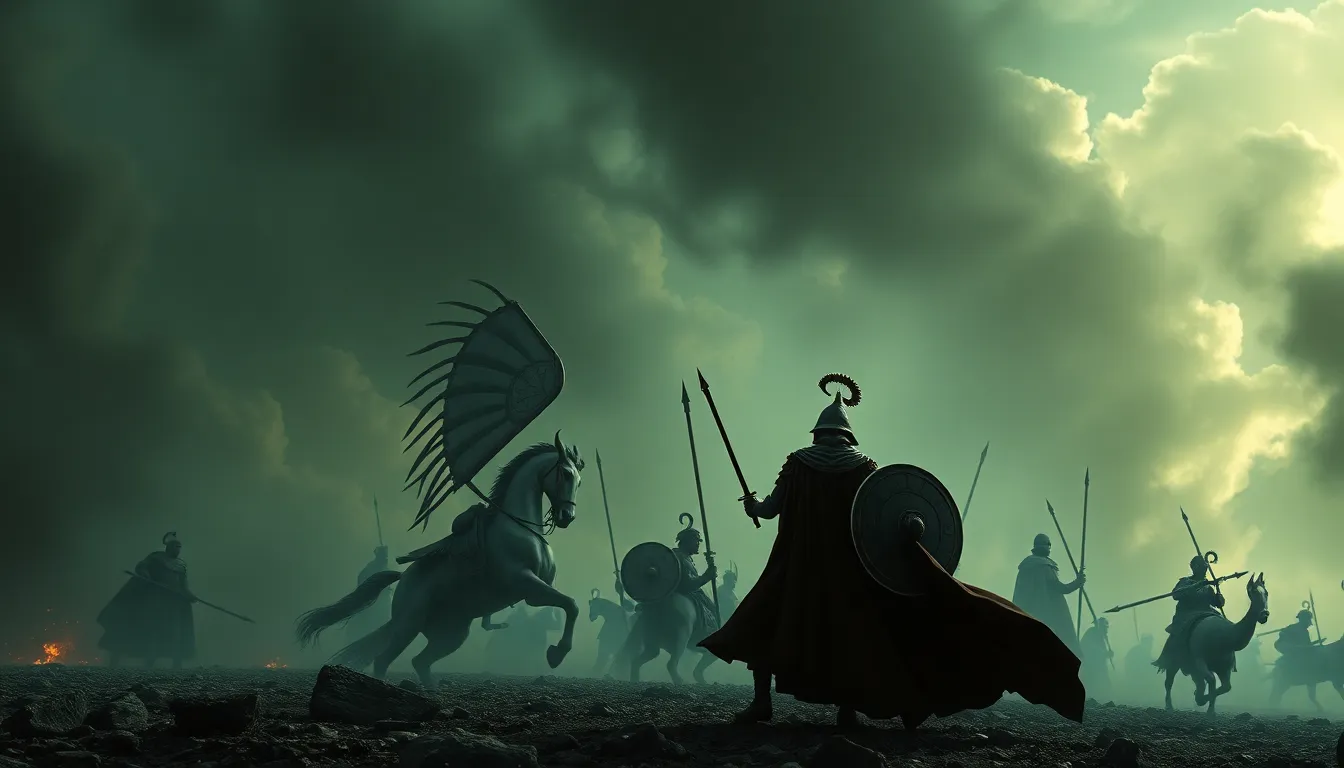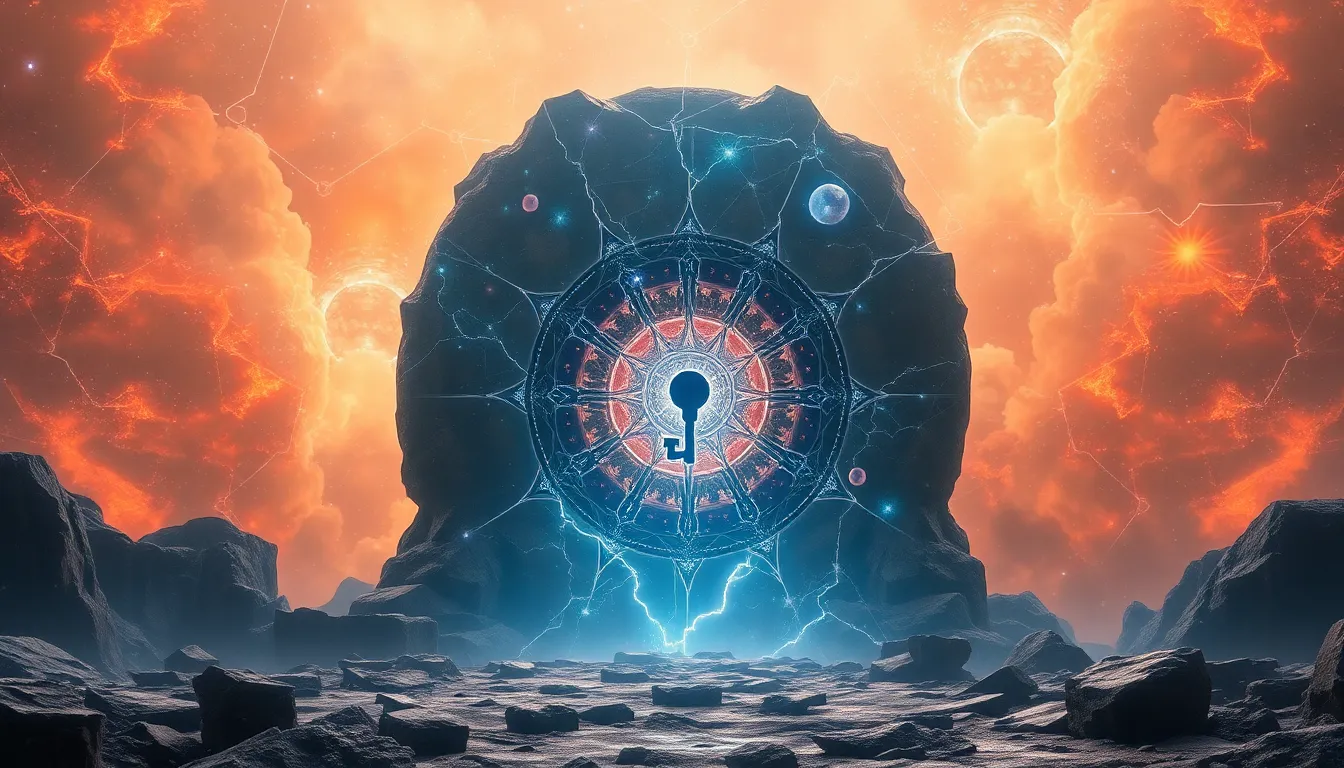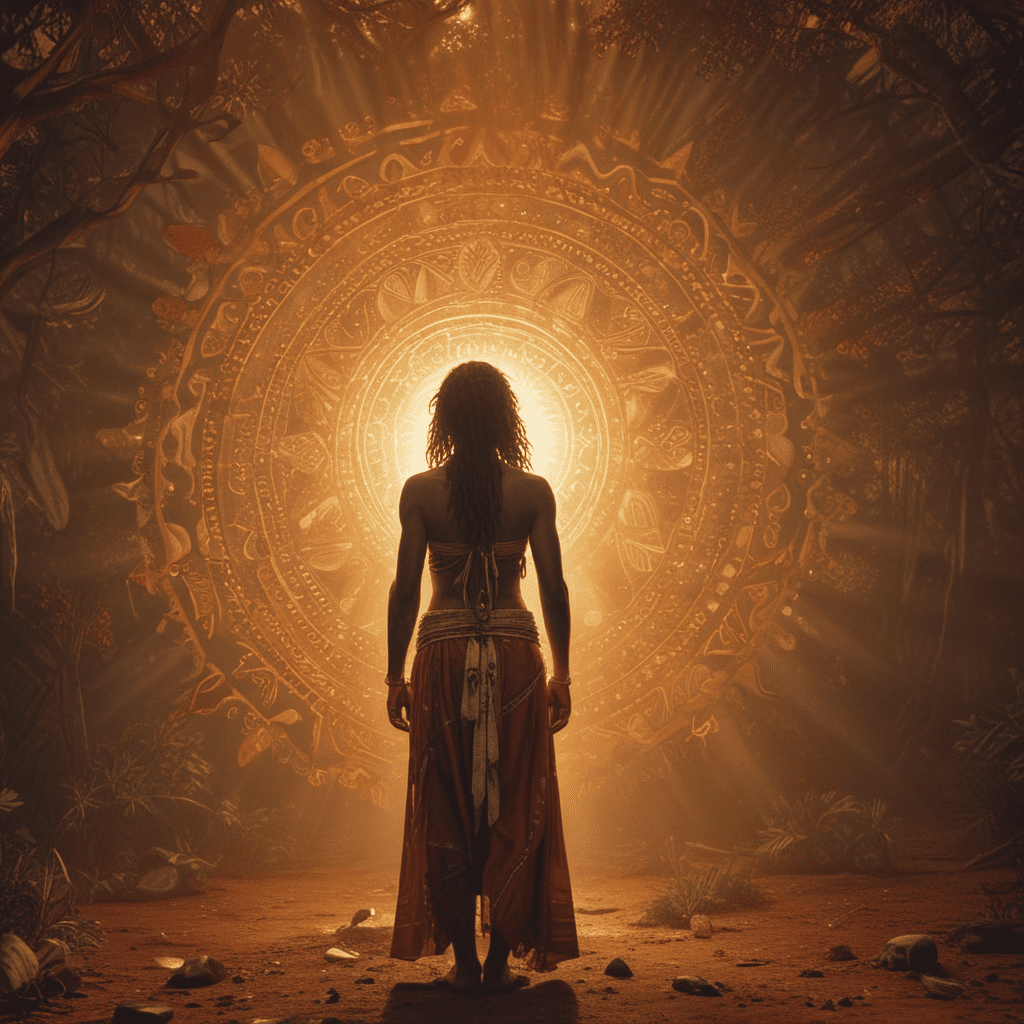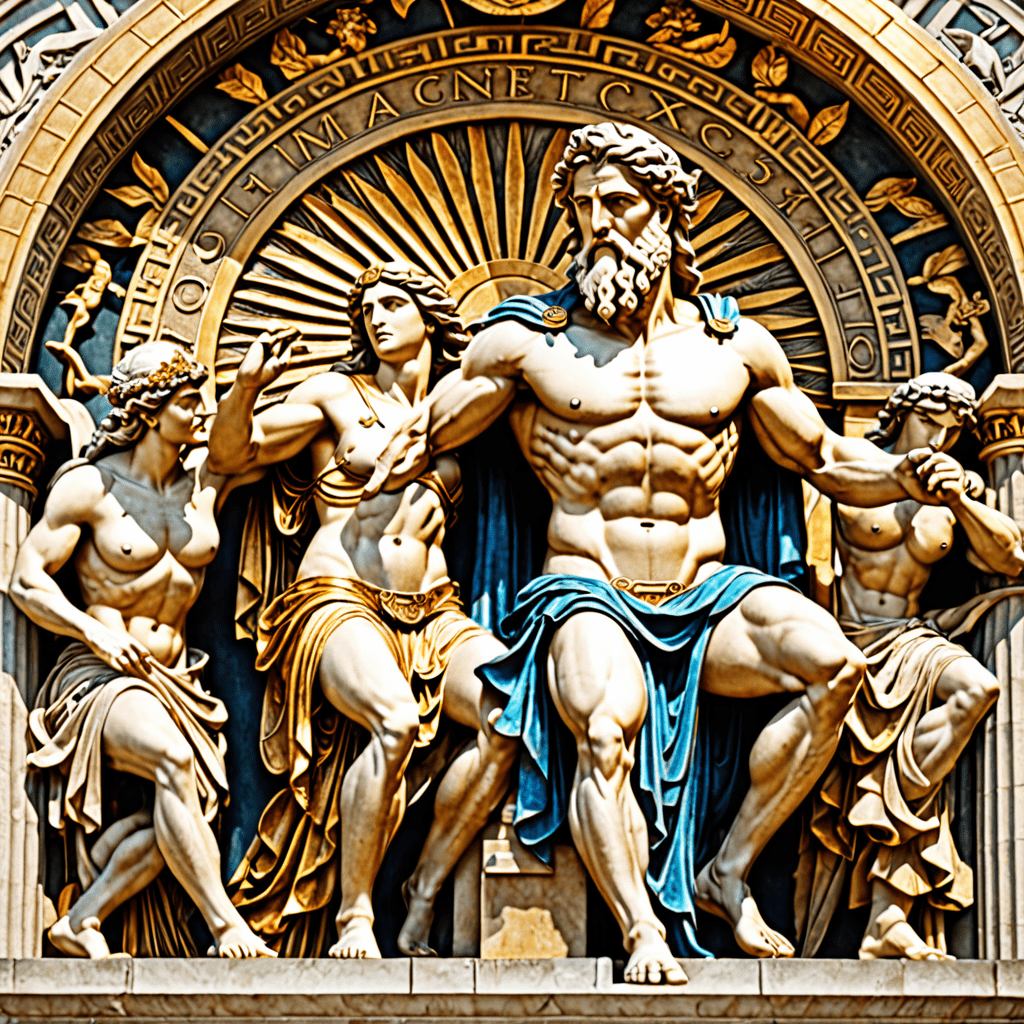Mythological Warfare: The Greatest Conflicts of All Time!
1. Introduction to Mythological Warfare
Mythological warfare refers to the epic battles and conflicts depicted in various mythologies around the world, often involving gods, heroes, and supernatural beings. These narratives provide insights into the values, beliefs, and social structures of the ancient cultures from which they originate. Understanding these mythological battles helps us appreciate the complexities of human experience, morality, and the nature of conflict.
This article will explore some of the greatest conflicts in mythology, examining their historical context, key figures, and the cultural significance they hold. We will delve into the Trojan War, divine battles in Greek mythology, Ragnarok in Norse lore, the epic tales from Hindu scriptures, Mesopotamian narratives, Egyptian struggles for power, Celtic legends, and the modern interpretations of these ancient stories.
2. The Trojan War: A Clash of Titans
The Trojan War is one of the most significant events in Greek mythology, believed to have taken place around the 12th or 13th century BCE. It centers around the conflict between the city of Troy and the Greek states, sparked by the abduction of Helen, the wife of Menelaus, by Paris of Troy.
Key figures in this epic conflict include:
- Achilles: The greatest Greek warrior whose anger and pride shaped the course of the war.
- Hector: The noble Trojan prince and warrior, known for his bravery and loyalty to Troy.
- Helen: Her beauty and abduction set off the chain of events leading to the war.
The gods played a crucial role in the Trojan War, taking sides and intervening in battles. For instance, Athena and Hera supported the Greeks, while Aphrodite favored the Trojans. This divine involvement added layers of complexity to the conflict, illustrating how the gods influenced human affairs.
3. The Battle of the Gods: Greek Mythology’s Divine Conflicts
Greek mythology is rich with tales of divine conflicts, most notably the battles among the Olympian gods. Two significant events include:
- The Titanomachy: This was the war between the Titans, led by Cronus, and the Olympian gods, led by Zeus. The victory of the Olympians marked the ascent of a new order in the cosmos.
- The Gigantomachy: A battle between the Olympian gods and the Giants, representing the struggle between civilization and chaos. The gods ultimately triumphed, reinforcing their dominance.
These conflicts not only highlight the power dynamics among the gods but also reflect the ancients’ understanding of the universe’s order and the importance of divine favor in human endeavors.
4. Norse Mythology: Ragnarok and the End of Days
Ragnarok is the prophesied apocalypse in Norse mythology, signaling the end of the world and the death of many gods, including Odin, Thor, and Loki. This event is characterized by a series of catastrophic battles, natural disasters, and the ultimate confrontation between gods and giants.
Key figures involved in Ragnarok include:
- Odin: The Allfather, who seeks to prevent the end but ultimately meets his fate.
- Thor: The god of thunder, known for his strength and bravery in battle.
- Loki: The trickster god, whose betrayal plays a central role in the unfolding of Ragnarok.
The significance of Ragnarok extends beyond its apocalyptic narrative; it embodies themes of fate, sacrifice, and renewal, reflecting the cyclical nature of life and death in Norse culture.
5. Hindu Epics: The Mahabharata and the Ramayana
The Mahabharata is one of the longest epics in world literature, recounting the Kurukshetra War between the Pandavas and Kauravas. This great conflict explores themes of duty (dharma), righteousness, and the moral dilemmas faced by warriors.
Key characters include:
- Arjuna: A principal warrior of the Pandavas who grapples with his duty versus his moral qualms about fighting his relatives.
- Krsna: Arjuna’s charioteer and guide, whose teachings in the Bhagavad Gita provide profound philosophical insights.
The Ramayana, another epic, depicts Rama’s quest to rescue his wife Sita from the demon king Ravana. This narrative emphasizes the ideals of honor, loyalty, and the fight against evil.
6. Mesopotamian Conflicts: The Epic of Gilgamesh
The Epic of Gilgamesh is one of the earliest known works of literature and tells the story of Gilgamesh, the king of Uruk, and his adventures with Enkidu. One significant aspect of the epic is their battle against the monster Humbaba, which symbolizes the struggle against chaos and the quest for immortality.
The conflict between Gilgamesh and Enkidu also highlights themes of friendship and identity, culminating in profound reflections on mortality and the human condition. Divine intervention is a recurring theme, as the gods frequently influence the course of human events.
7. Egyptian Mythology: The Struggle for the Throne
Egyptian mythology features a dramatic conflict between Osiris, Set, and Horus. Osiris, the god of the afterlife, is murdered by his brother Set, who seeks power. Horus, the son of Osiris, then battles Set to reclaim his father’s throne.
The themes of resurrection and justice are central to this myth, as Osiris is resurrected and Horus ultimately prevails, restoring order. This narrative reflects the importance of lineage, authority, and the belief in the afterlife in ancient Egyptian society.
8. Celtic Mythology: The Battle of Mag Tuired
The Battle of Mag Tuired is a significant conflict in Celtic mythology, where the Tuatha Dé Danann fought against the monstrous Fomorians. This battle is marked by heroic feats and the emergence of key figures such as Lugh and Balor.
Key themes in this conflict include:
- Heroism: The valor of warriors fighting for their homeland.
- Sacrifice: The costs of war and the personal sacrifices made for the greater good.
This battle symbolizes the struggle between light and darkness, order and chaos, reflecting the Celtic worldview.
9. Modern Interpretations and Adaptations of Mythological Warfare
Mythological warfare continues to inspire contemporary literature, film, and art. Many modern retellings draw on these ancient conflicts to explore themes of heroism, morality, and the human experience.
Examples of modern interpretations include:
- Movies like “Troy” and “300” depict ancient battles with a contemporary lens.
- Literary adaptations, such as Madeline Miller’s “Circe,” reframe mythological narratives through the perspectives of female characters.
The relevance of these myths persists in today’s cultural narratives, as they address timeless questions about power, conflict, and the human condition.
10. Conclusion:
Mythological warfare serves as a rich tapestry of stories that illuminate the values, fears, and aspirations of ancient civilizations. From the epic struggles of the Trojan War to the divine conflicts of Ragnarok, these narratives continue to resonate with us today. They remind us of the complexities of human nature and the enduring power of storytelling in shaping our understanding of the world.




